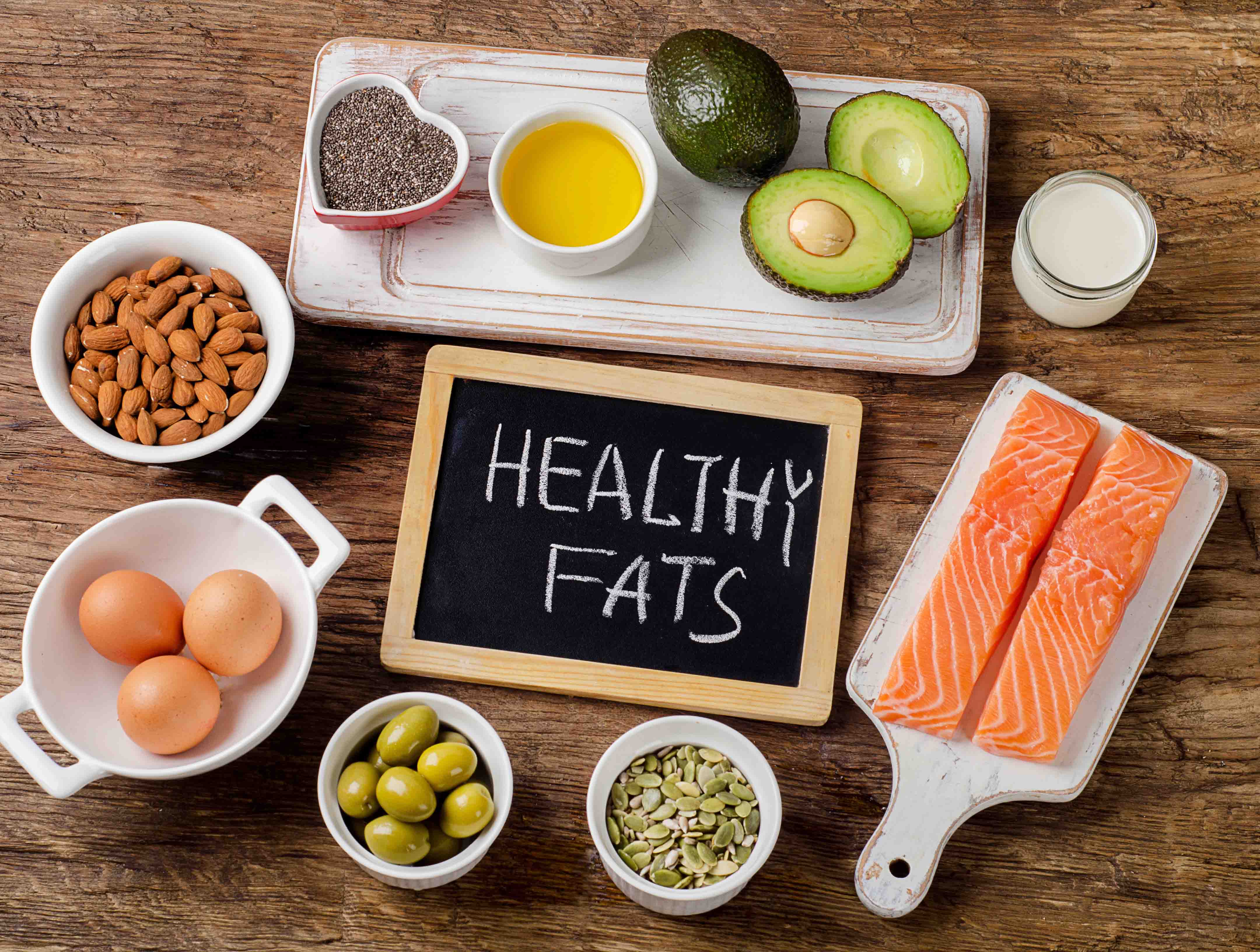For Part III and the final post regarding foods to eat to improve immune functionality, were gonna talk about some big food groups and smaller obscure additions that can radically change how your body responds to and defends you from pathogens. Keep in mind that while these foods contribute to your immune system functionality, they are beneficial and many other ways!
Whole Grains
As mentioned for other food groups, whole grains are dense sources of fiber, vitamins, minerals and hundreds of phytochemicals, as well as several substances linked with a decreased risk of cancer, including rich sources of soluble and insoluble fiber that is vital for digestion, antioxidants that protect the body from damage from free radical radiation from cellular respiration, phenols and phytoestrogens that both prevent cancer formation. Data from 40 studies on whole grain and cancer risk correlation were recently combined and the results demonstrated a 34% reduction on average for diets of high- versus low-volume whole grain.

As you probably know, sources of whole grain include whole grain brown rice, breads, pasta, oat granolas, oatmeal, and many more.
Flaxseed
Flaxseeds are one of the only sources of omega-3 fatty acids – vital for smooth and integrated immune responses, neural function, healthy brain aging, and cardiovascular health -, in plants, called alpha linolenic acid, or ALA. This form has been found to protect against heart disease and some cancers. Furthermore, flax is the best source of lignans – plant compounds that have estrogen-like activity in the body, under the family of phytoestrogens. This is what allows flax to offer some protection against estrogen-receptor-negative breast cancer, as well as inhibiting colon, breast, skin, and lung cancers.
Flax doesn’t just come in the form of a sesame-like seed you put on salads: flax is available as flaxseed flour that can be used for baking and breading, meal for making breads and as a replacement for oats, oils (though these often lack the phytoestrogens), and whole seeds. If ingested whole, flax cannot be ingested, and simply acts as an insoluble fiber in the body. Flax must be ground for the immune boosting, cancer preventing benefits. Once ground, flax and flaxseed oil go bad very quickly, so if anything smells like paint it has gone rancid!
Healthy Fats
The main benefit of fats are to absorb fat-soluble nutrients and maintain a healthy immune system (as well as optimal overall bodily function). While taking vitamins with food significantly increases absorption as compared to on an empty stomach, almost the same difference can be again increased with a meal including healthy, natural fats. But what the hell does ‘healthy’ fat mean anyway? I usually just think, avocado = good, bacon grease = bad, but the true definition of ‘healthy’ is unsaturated lipid molecules, most often found in whole foods and not meats (excluding fish). An unsaturated molecule has one or more double or triple carbon bonds that decrease the saturation of hydrogen atoms on the molecule (hence, ‘unsaturated’). This decreases the effects of hydrogen bonds forming between the molecules themselves (often extremely large molecules compared with other elements of the blood stream), with other molecules, and with the walls of the arteries and veins, causing blockages that lead to coronary artery disease, heart attacks, heart disease, strokes, and more.

Healthy fats are best found in monounsaturated and polyunsaturated oils and foods like olives, nuts, avocados, and fatty fish (though these days you got to be careful with fish).
Vitamin E
As found in many of the food sources mentioned in past blogs, vitamin E is essential to immune function, as well as provides prevention of cancers and heart disease.

Germ oil, sunflower seeds, seed butter, and oil, almonds, safflower oil, and hazelnuts are all excellent sources of vitamin E, so supplements are needed if you add one of these to your daily diet regimen. Furthermore, supplements have been found to be significantly less beneficial than food sources of vitamin E. Vitamin E also functions best in conjunction with vitamin K, found densest in green leafy and cruciferous vegetables.
Omega-3 Fatty Acids
While science has yet to conclude on the mechanism by which omega-3 benefits immunity, active studies show a very positive correlation with increased immune response and function. Either way, omega-3 is incredibly beneficial for cardiovascular function, brain health, and overall bodily health.

Most oils, including olive oil, are high in omega-3, as well as fatty fish, eggs, nuts, and seeds.
While it may not stop the coronavirus, adding these foods to your diet may very well help you avoid colds and flus this winter. If my anecdote means anything, I added these to my diet a few months ago and haven’t had even the slightest head cold since! Good luck, y’all, stay healthy out there.
davina (:
You must be logged in to post a comment.